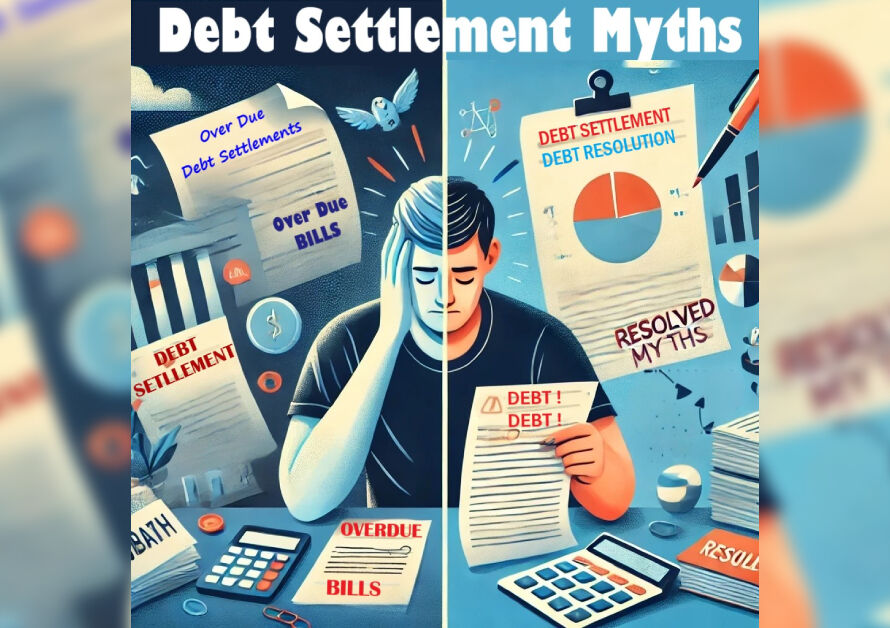To effectively manage your financial situation, it’s essential to know how to handle creditor calls with confidence and assertiveness. Debt can be an overwhelming experience, and creditor calls can add stress to an already challenging situation. Fortunately, by taking the right approach, you can manage these calls effectively and stay in control of your debt settlement journey. Here’s a guide on how to handle creditor calls during debt settlement to maintain peace of mind and make real progress toward financial freedom.
Understand Your Debt Settlement Process
Before you start handling calls, ensure you fully understand your debt settlement plan. Whether you’re working with a debt settlement company or negotiating on your own, knowing the terms, payment schedules, and timelines helps you communicate confidently. Make sure you know your rights, especially under the Fair Debt Collection Practices Act (FDCPA), which limits when and how debt collectors can contact you.
Keep Track of All Communications
Document every communication with your creditors and debt collectors, whether it’s a phone call, letter, or email. This information will be useful for future reference and can help protect you if any disputes arise. Note down:
- The date and time of each call
- The name and position of the person you spoke with
- Key points discussed, such as settlement offers or terms
- Any agreements made or next steps outlined
Keeping a detailed record gives you an organized way to review previous conversations and follow up as needed.
Set Boundaries and Stay Calm
Receiving frequent calls from creditors can feel overwhelming, but staying calm and professional is crucial. If a collector becomes aggressive, remember you have the right to ask them to remain respectful. Set boundaries by informing them of preferred call times if possible. Also, if you’ve hired a debt settlement agency or attorney, you can inform the creditor to direct all communication to your representative instead.
Be Honest and Transparent About Your Situation
When speaking to a creditor, honesty is key. Explain your current financial situation briefly but sincerely. Let them know that you’re actively working on a debt resolution plan and that your aim is to settle as much as possible within your means. Creditors often respond better when they feel that you’re transparent and making a genuine effort to pay.
Negotiate Strategically
Debt settlement often involves negotiating to reduce the total amount owed. When discussing with creditors, be respectful but clear about your limits. Here are some tips to keep in mind:
- Start by offering a reasonable amount that you can pay.
- Be prepared to discuss a lump-sum settlement or a payment plan based on your budget.
- Only agree to terms you can realistically meet to avoid defaulting on the settlement.
Creditors may not agree to the first offer, so be patient and open to some negotiation, but remember to protect your own financial capacity.
Request Written Confirmation of Agreements
Never rely solely on verbal agreements when dealing with creditors. After reaching any agreement, request written confirmation of the terms, whether it’s a reduced settlement, a payment plan, or any changes to your payment schedule. Having everything in writing protects you from potential misunderstandings and gives you a clear record of what has been agreed upon.
Know When and How to Cease Communication
If creditors are calling excessively or harassing you, it’s essential to know your rights. Under the FDCPA, you can request in writing that a debt collector stop contacting you. While this will halt further calls, note that it won’t eliminate the debt itself. This option is best used if the calls become unmanageable or if a creditor crosses the line into harassment.
Stay Focused on Your Long-Term Financial Goals
Handling creditor calls is only one part of the larger goal of achieving financial stability. By remaining focused on your settlement plan and not getting derailed by stressful debt collection calls, you can stay motivated. Keep your budget, goals, and commitments in mind, and remind yourself that each step brings you closer to freedom from debt. Remember to handle creditor calls with a clear mindset to maintain your focus.
Seek Support and Professional Help if Needed
Managing creditor calls and debt settlement on your own can be challenging, especially if multiple creditors are involved. In such cases, working with a reputable debt settlement agency or consulting a financial advisor might be beneficial. They can negotiate on your behalf, handle communications, and provide a structured path to debt settlement, reducing stress and ensuring compliance with all legal aspects. It’s essential to know how to handle creditor calls effectively, so you feel supported throughout the process.
Final Thoughts
Navigating creditor calls during the debt settlement process can be daunting, but by staying calm, organized, and informed, you can take control of the situation. Remember, the key to how to handle creditor calls is to remain patient and assertive. Treat each call as a step toward achieving financial freedom, and remember that persistence and patience will eventually lead to the debt-free future you’re working toward. If you’re looking for extra support, try SolvFree for free, expert advice to help you handle creditor calls and stay on track.




1 Comment
Comments are closed.